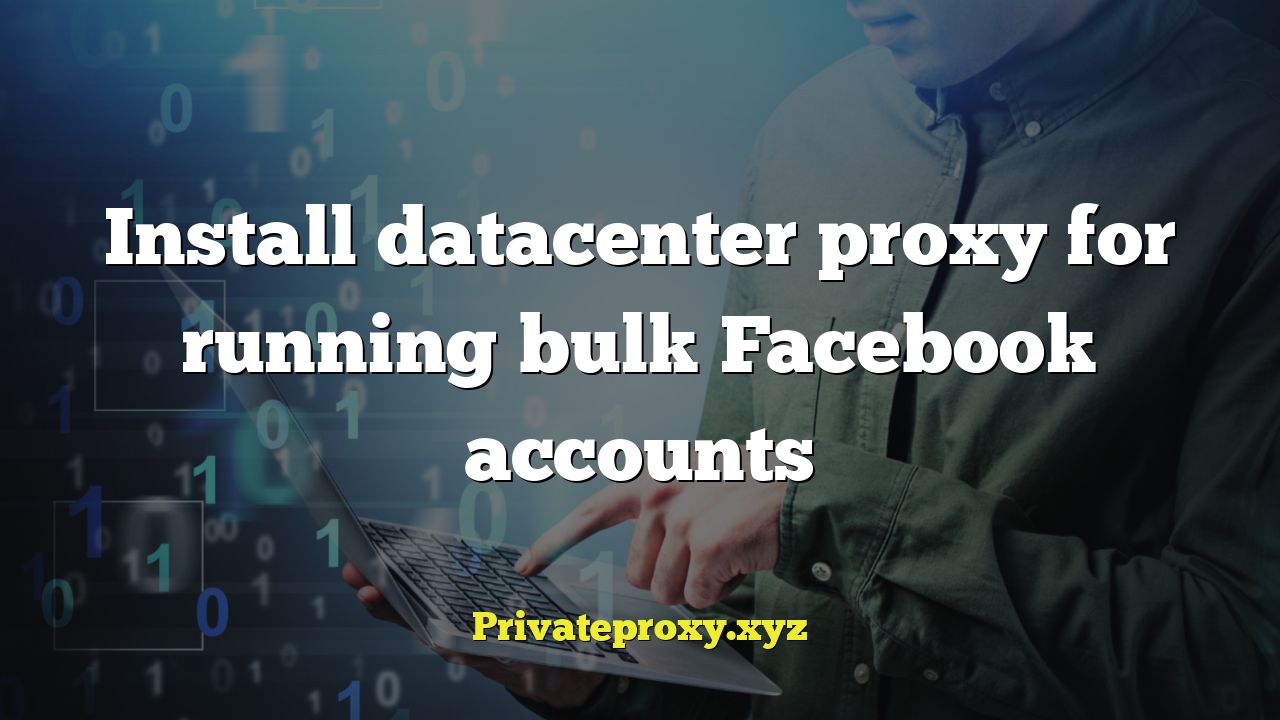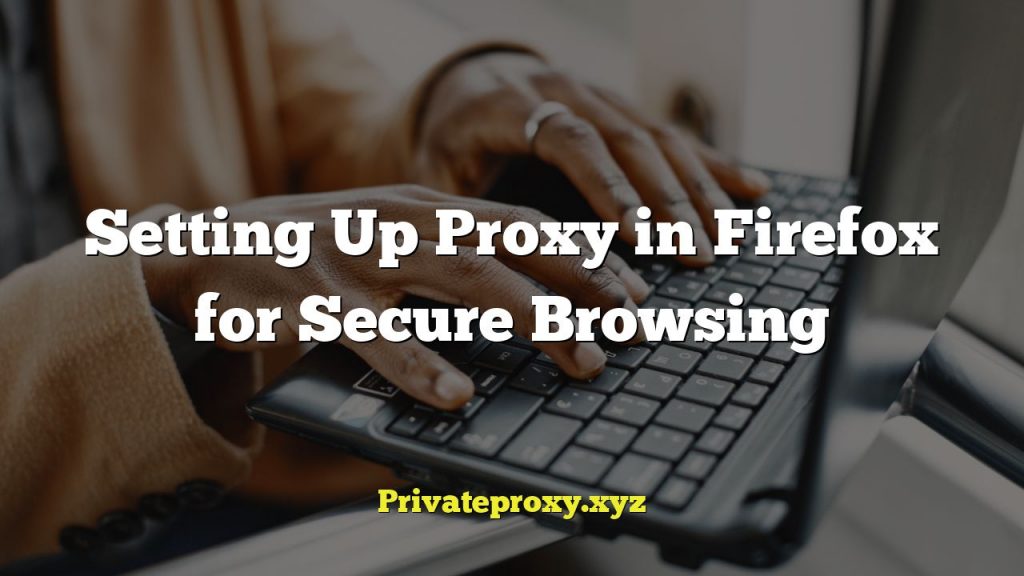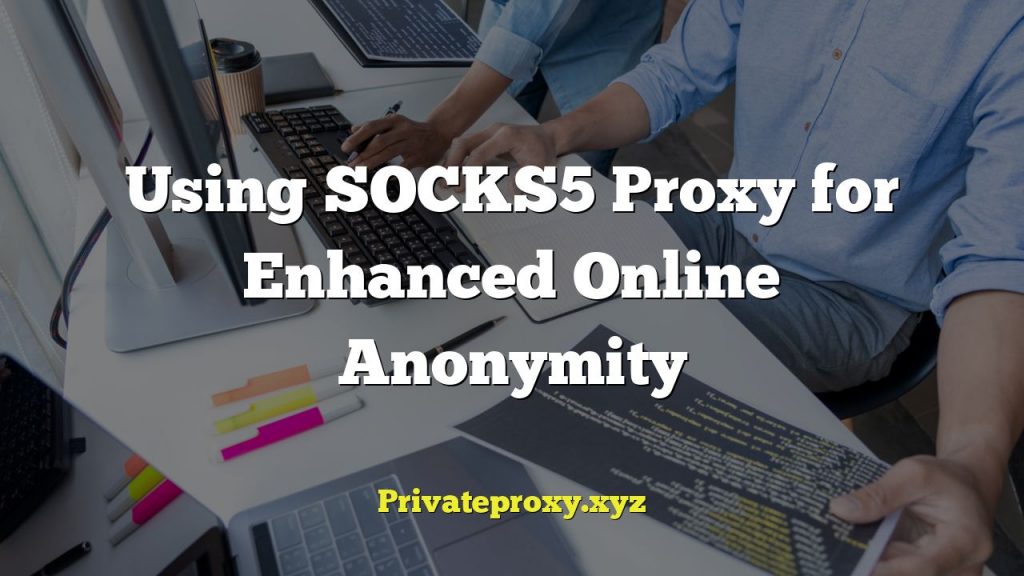
Introduction to Datacenter Proxies and Facebook Account Automation
Managing multiple Facebook accounts for marketing, research, or other purposes requires a robust and scalable solution. While Facebook’s terms of service generally discourage creating or using numerous accounts, some legitimate use cases exist, such as market research or running different A/B tests across diverse audience segments. Attempting to manage these accounts from a single IP address will almost certainly lead to detection and account suspension. This is where datacenter proxies become crucial. Datacenter proxies provide a layer of anonymity, allowing each Facebook account to appear as if it’s originating from a different location and IP address, mitigating the risk of being flagged by Facebook’s anti-spam systems.
However, simply acquiring any datacenter proxy isn’t enough. The quality, speed, and configuration of the proxy are paramount. Cheap or unreliable proxies can lead to connection errors, slow performance, and even worse, exposure of your real IP address. This article will delve into the considerations for selecting, configuring, and managing datacenter proxies for running multiple Facebook accounts, focusing on best practices to maximize efficiency and minimize the risk of account suspension.
Understanding Datacenter Proxies
Datacenter proxies are IP addresses originating from data centers, large server farms housed in secure facilities. Unlike residential proxies, which are assigned to real users, datacenter proxies are associated with these server infrastructures. This makes them generally faster and more stable than residential proxies, as they benefit from the high-bandwidth connections and robust infrastructure of the data center.
There are several types of datacenter proxies, each with its advantages and disadvantages:
- Shared Proxies: These are the most affordable option, as multiple users share the same IP address. However, this also means the IP is more likely to be flagged if another user engages in suspicious activity.
- Dedicated Proxies: You have exclusive use of the IP address, providing greater control and reducing the risk of being affected by other users’ actions.
- Rotating Proxies: The proxy IP address changes periodically, making it harder to track activity back to a single source.
For managing multiple Facebook accounts, dedicated or rotating datacenter proxies are generally preferred due to their higher reliability and reduced risk of being associated with spam. Shared proxies are often too risky, as the actions of others sharing the IP can negatively impact your accounts.
Choosing the Right Datacenter Proxy Provider
Selecting a reputable proxy provider is crucial for the success of your Facebook account automation efforts. Consider the following factors when evaluating different providers:
- Proxy Speed and Uptime: A reliable proxy provider should guarantee high uptime and fast connection speeds. Slow or unreliable proxies can significantly hinder your productivity and increase the risk of connection errors.
- IP Address Diversity: A wide range of IP addresses from different locations helps to avoid detection. Look for providers that offer proxies from multiple subnets and geographical regions.
- Authentication Methods: Proxies should support both username/password authentication and IP whitelisting. IP whitelisting allows only authorized IP addresses to access the proxy, providing an extra layer of security.
Beyond these technical considerations, also research the provider’s reputation, customer support, and pricing structure. Read reviews and testimonials from other users to get an idea of their reliability and service quality. Avoid providers offering extremely low prices, as they often compromise on quality and security.
Setting Up Datacenter Proxies for Facebook
Once you’ve chosen a proxy provider, the next step is to configure the proxies for use with your Facebook accounts. The specific steps will vary depending on the tools and software you’re using, but the general principles remain the same.
- Gather Proxy Credentials: Obtain the proxy IP address, port number, username (if required), and password (if required) from your proxy provider.
- Configure Your Browser/Software: Most web browsers and automation tools allow you to configure proxy settings. This usually involves entering the proxy IP address, port number, and authentication credentials.
- Test the Connection: Before using the proxy for your Facebook accounts, verify that it’s working correctly. You can use online tools or websites that display your IP address to confirm that the proxy is masking your real IP.
It’s crucial to test each proxy individually before deploying it to your Facebook accounts. This will help you identify any faulty proxies and ensure that all accounts are using working and reliable connections. Furthermore, consider using a proxy management tool to streamline the process of assigning and monitoring proxies.
Managing Multiple Facebook Accounts with Proxies
Effective management of multiple Facebook accounts requires a strategic approach, combining the use of proxies with other techniques to minimize the risk of detection.
- Account Warm-Up: Avoid creating and immediately using multiple accounts for intensive activities. Gradually warm up each account by performing normal actions, such as liking posts, joining groups, and adding friends.
- Vary Account Activity: Mimic human behavior by varying the types of activities performed on each account. Don’t just focus on liking posts or joining groups; also engage in other activities, such as commenting, sharing, and posting updates.
- Rotate Proxies Regularly: Even with dedicated proxies, it’s a good idea to rotate them periodically. This helps to further obscure your activity and reduce the risk of being tracked.
In addition to these best practices, it’s also essential to monitor your accounts for any signs of suspicious activity, such as account suspensions or warnings. If you notice any issues, take immediate action to address them. This may involve contacting Facebook support, reviewing your account settings, or changing your proxy.
Advanced Techniques: Proxy Rotation and Automation
For large-scale Facebook account management, manual proxy rotation and management can become time-consuming and inefficient. Fortunately, there are several advanced techniques that can automate these processes.
Proxy Rotation Software: This software automatically rotates proxies at predetermined intervals, ensuring that each account is always using a different IP address. Some proxy providers offer their own proxy rotation tools, while others integrate with third-party solutions.
Headless Browsers: Headless browsers, such as Puppeteer and Selenium, can be used to automate tasks within a web browser without a graphical user interface. This allows you to simulate human behavior and perform actions on Facebook accounts programmatically.
API Integrations: Some proxy providers offer APIs that allow you to programmatically manage your proxies. This allows you to dynamically allocate proxies to your Facebook accounts based on their activity levels or other criteria.
These advanced techniques can significantly improve the efficiency of your Facebook account management efforts. However, they also require a higher level of technical expertise and may incur additional costs.
Avoiding Common Pitfalls
Even with the best proxies and management techniques, there are still several common pitfalls that can lead to account suspension. Awareness of these pitfalls is crucial for maintaining the longevity of your accounts.
- Using the Same Profile Information: Avoid using identical profile information across multiple accounts. This includes names, email addresses, phone numbers, and profile pictures.
- Engaging in Spammy Activities: Avoid posting repetitive content, sending unsolicited messages, or engaging in other spammy activities.
- Violating Facebook’s Terms of Service: Familiarize yourself with Facebook’s terms of service and avoid any actions that violate these terms.
Furthermore, be aware of Facebook’s evolving anti-spam algorithms and adapt your strategies accordingly. What worked yesterday may not work today. Stay informed and be prepared to adjust your approach as needed.
Conclusion
Datacenter proxies are an essential tool for running multiple Facebook accounts, providing the anonymity and scalability needed to avoid detection and manage your accounts effectively. However, simply acquiring proxies is not enough. Careful selection of a reputable provider, proper configuration, and adherence to best practices are crucial for success.
By understanding the different types of datacenter proxies, choosing the right provider, implementing effective management techniques, and avoiding common pitfalls, you can maximize the longevity and effectiveness of your Facebook accounts. Remember that managing multiple accounts requires a continuous effort, staying informed about Facebook’s policies, and adapting your strategies as needed. While this guide provides a comprehensive overview, it’s crucial to stay updated on the latest best practices and adapt your approach accordingly. Always prioritize ethical considerations and comply with Facebook’s terms of service to avoid account suspension or other penalties.


